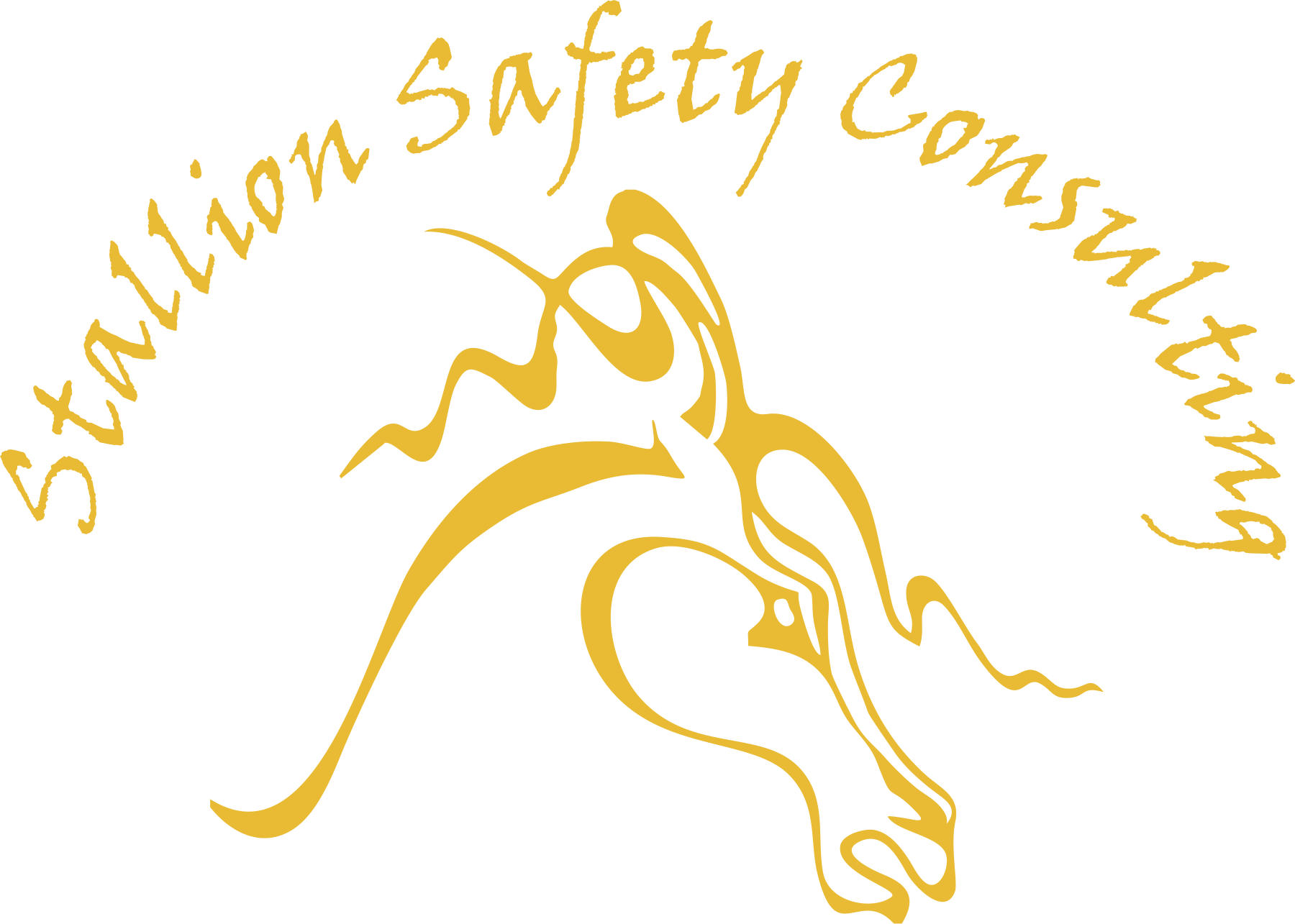Complacency is often a focus point when discussing workplace safety at many companies. For the most part, we understand what complacency is and what areas of work or life it affects us in. However, even though we may acknowledge it, we may not fully grasp the consequences it can have or what we need to do to overcome it.
Defining Complacency
How is complacency defined? Dictionary.com defines it as,
“a feeling of quiet pleasure or security, often while unaware of some potential danger, defect, or the like”.
Applying this definition to workers completing tasks however leaves out a large sector of the workforce who are complacent in their work. The definition provided applies more to a less-experienced worker who is not trained to recognize hazards or an experienced worker who is totally unaware of a hazard in their area at a given moment. Many of the workers who are in fact complacent with the hazards of a task are experienced and understand they exist. The workers are not unaware of the risk but are more likely to accept the risks without taking the proper time or energy to address the hazards because they have been doing the work for so long. For workers who are experienced in their jobs and have become complacent with certain aspects or hazards of their job it is important to take steps to avoid this error trap.
Battling Complacency
- Recognize work tasks that you may so used to doing that you no longer take the same precautions when performing them. Think back to when you first got this job or the first time you did a specific task; were you more cautious or did you follow more safety procedures?
- Audit yourself or even have a coworkers audit your work to see what your shortcomings may be when completing work tasks. Having someone else give you constructive feedback can help give you an honest look at where you can improve.
- Fight the urge to take the easy way out or make the easier decision when it comes to following safety rules or procedures. Rationalizing why you should allow yourself to cut corners leaves you open to more risk. Hold yourself and others around you accountable to do what needs to be done.
- Once you realize what risks you are leaving yourself exposed to begin to make it a habit to take the steps that mitigate or eliminate that hazard. Once an action is repeated over and over and has become a habit, it becomes automatic and it is much less likely you will have to face complacency to get yourself to do it.
- Supervisors and Management should be completing routine worksite inspections to ensure that all standards are being followed.
- Job Competencies should be completed routinely on all workers to evaluate the workers work practices.
- Mentorship for workers found to have deviated from the standards.
We all must face and fight off complacency from time to time. It is important to monitor yourself when it comes to complacency on the job. What corners are you cutting? Why are you cutting those corners? What do you need to address in order to resist complacency with the hazards of your work?


 CAD
CAD USD
USD